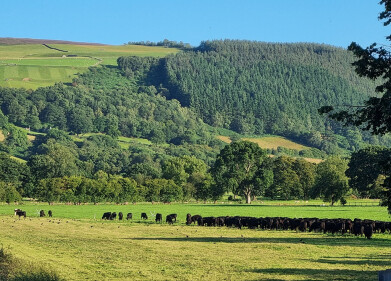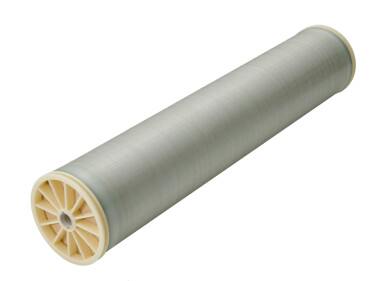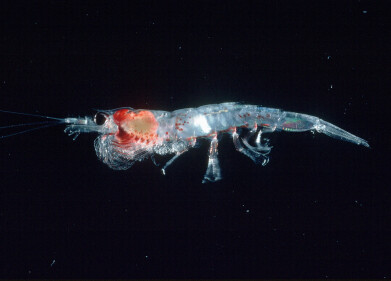Water/Wastewater
Overflowing sewers threatening water quality
May 03 2012
The Marine Conservation Society (MCS) have recently released a report suggesting that one-third of beaches in Britain fail water quality tests because overflowing sewers and run-off from farms or city streets is causing contamination.
Popular beaches across the country will soon be flooded by visitors and tourists as the summer seasons are about to set in. However, the quality of water at some of the most popular destinations in the UK is falling short of expectations, according to a recent report.
Heavy rains throughout April mean that many beaches are confronted with water pollution from overflowing sewage works, city pollution and farm waste. The report, entitled 2012 Good Beach Guide, is due to be published today and reveals that one-third of the 750 beaches it tested failed on water quality. This was primarily owing to contamination from overflowing sewers and run-off from farms or from streets, where dog waste presents a significant problem.
But it wasn’t all bad news. The results were actually an improvement on previous years, with the proportion of dirty beaches falling by eight per cent. In what the MCS hailed as a 'milestone', they praised regions in the south-west, north-east and Wales as having the cleanest coasts, with 80 per cent of beaches passing faecal bacteria tests.
Regions with the worst pollution were in Scotland, where only 40 per cent of its beaches passed the faecal bacteria tests, and the north-west, where only 20 per cent had clean bathing spots. These outcomes could be further impacted by more heavy downpours, which could increase the level of pollution seeping into our sea water.
Keirle, pollution programme manager at MCS told the Guardian: "Some of the CSOs discharge dozens or hundreds of times a year.
"We are calling for openness. Where are they? How often do they discharge? How much? There is a reluctance for the regulator [the Environment Agency in England and Wales] to disclose this information, as they don't like what it reveals."
In Scotland, farmers are being offered incentives to keep their livestock away from major rivers in an attempt to improve water quality in the region.
Posted by Lauren Steadman
Events
Carrefour des Gestions Locales de L'eau
Jan 22 2025 Rennes, France
Jan 29 2025 Tokyo, Japan
Feb 05 2025 Nantes, France
Feb 16 2025 Kampala, Uganda
Feb 26 2025 Chennai, India




-as-feedstock.jpg)





